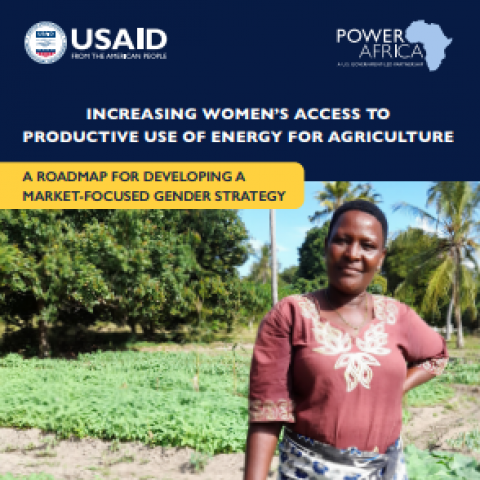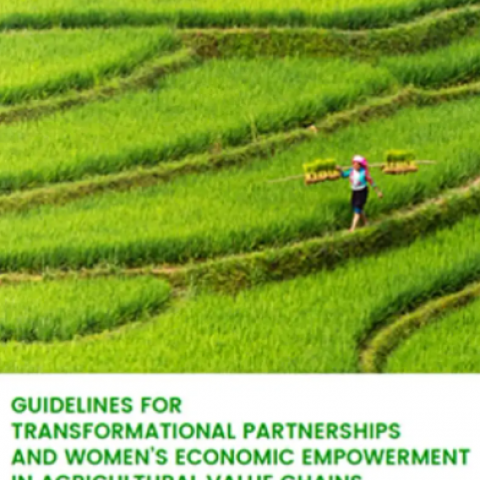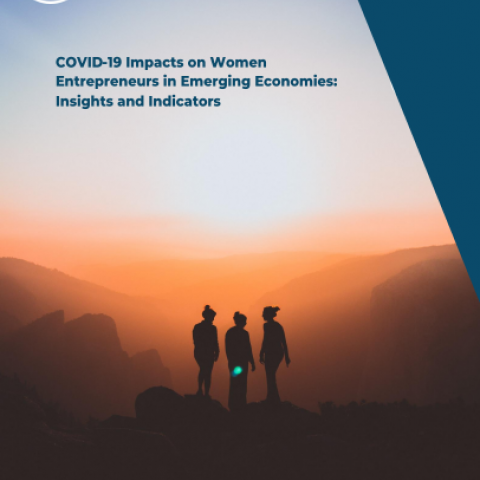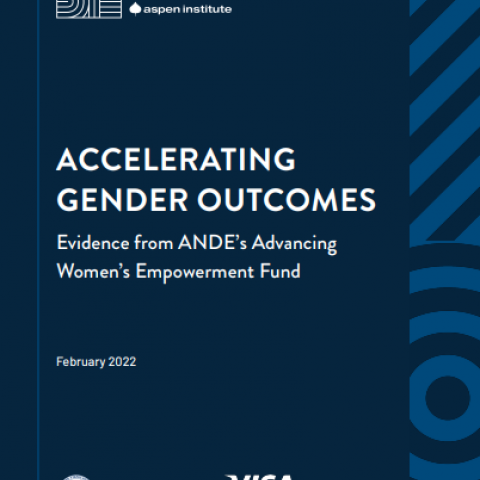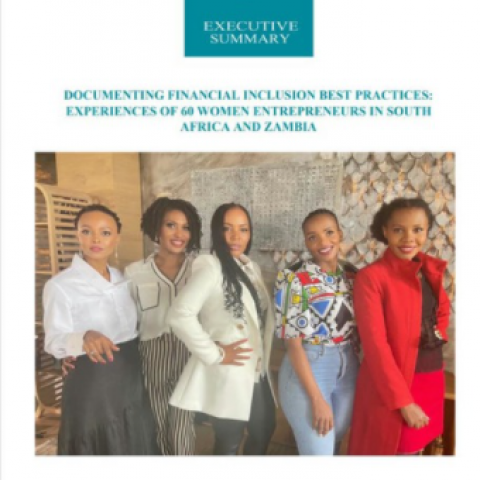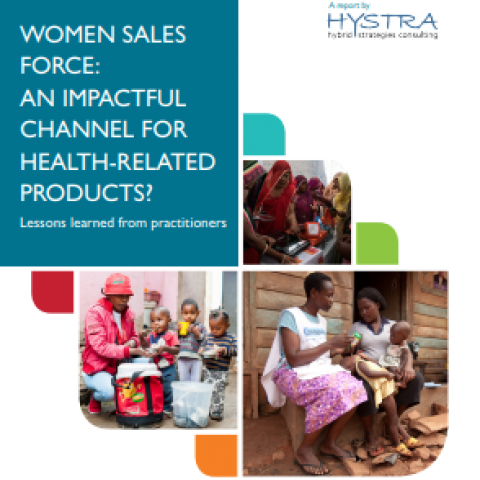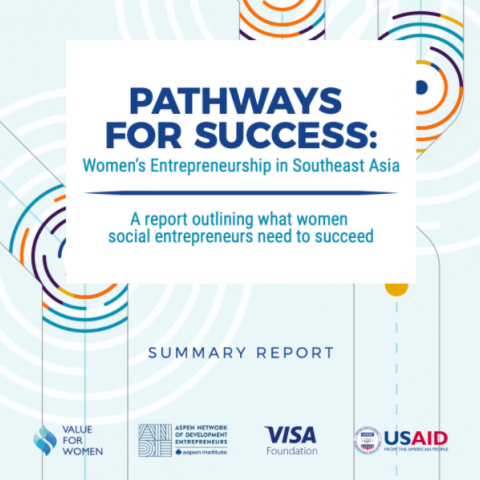BASE DE DATOS DE PUBLICACIONES
Esta base de datos contiene un amplio abanico de más de 2 000 publicaciones sobre negocios inclusivos y temas relacionados, como inversión de impacto, microfinanzas y enfoques de sistemas de mercado. Encontrará no solo informes, sino también investigación de mercado, estudios de caso, herramientas y vídeos que abordan diferentes sectores y regiones.
El amplio abanico de publicaciones en esta base de datos está relacionado con los negocios inclusivos, esto es, modelos de negocio que integran a los consumidores y consumidoras, proveedores, emprendedores y emprendedoras y/o empleados y empleadas situados en la base de la pirámide (BdP) en mercados con bajos niveles de ingresos y/o emergentes.
















